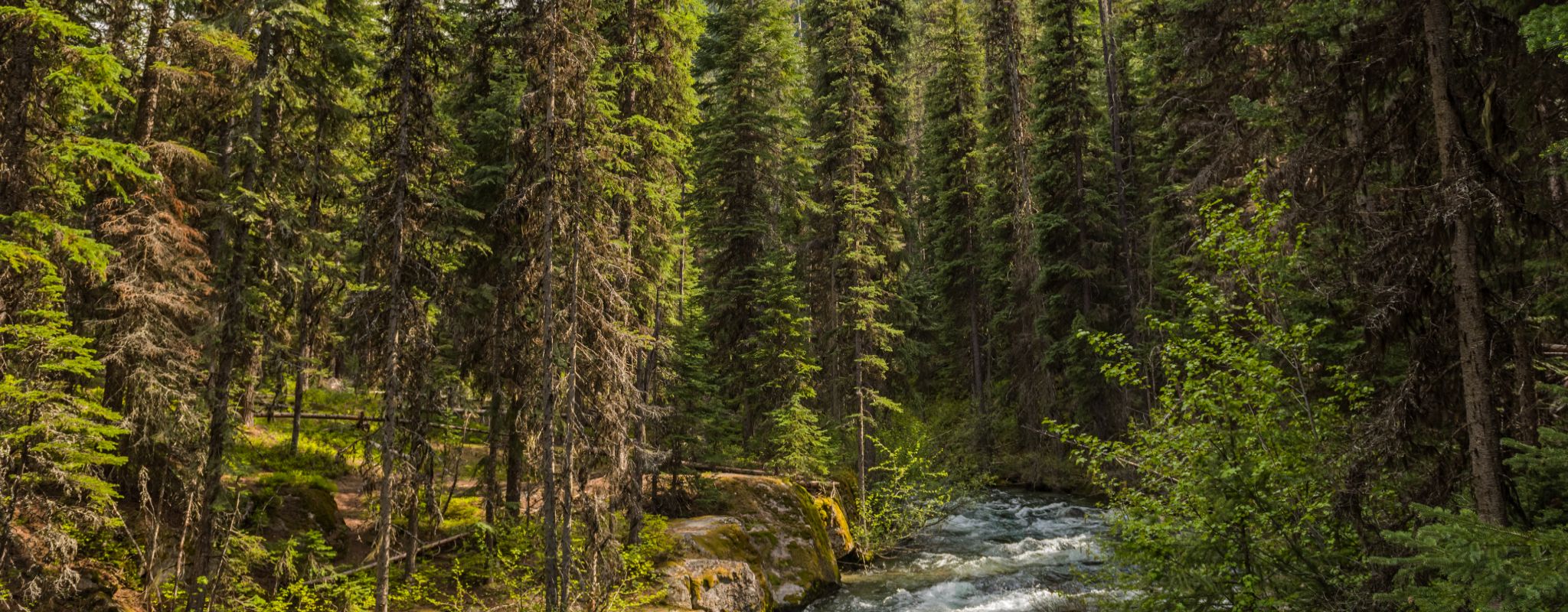Uses a range of research tools and models to understand how species act, react and interact at many spatial and temporal scales. These dynamics take place in an environment that can change gradually or quite rapidly, which can directly or indirectly affect species and their inter-relationships.
Members of FES examine how species and systems interact, using tools such as simulation modeling, remote sensing, spatial statistics, and animated visualizations. Current work explores how carbon dynamics vary from the stand to the landscape, as well as how forest management affects carbon sequestration rates. Other research is examining the role of predators in structuring ecological communities, emphasizing the role of keystone species in community regulation. Still others in the department study bird and insect response to different forest management practices.
